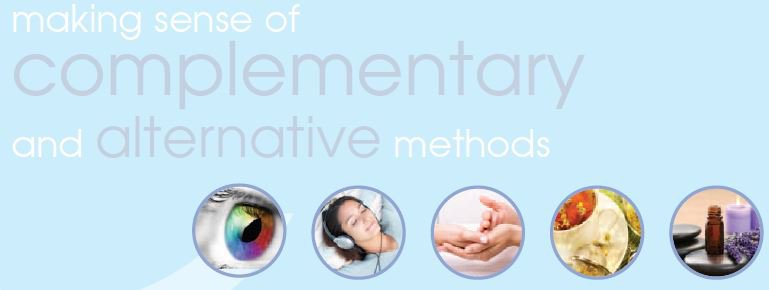Making sense of complementary and alternative methods
02 Aug 2019 por Ted Escobedo 3 minuto de lectura
Complementary and alternative are terms used to describe many kinds of products, practices, and systems that are not part of mainstream medicine. You may hear them used to refer to methods to help relieve symptoms and improve quality of life during cancer treatment.
We call these “complementary” because they are used along with your medical treatment. You may sometimes hear them when discussing methods that claim to prevent, diagnose, or treat cancer. We call these “alternative” because they are used instead of proven medical treatments.
You may not hear about these treatments from your doctor or cancer team, but others may talk about things like traditional Chinese medicine, acupuncture, hypnosis, or machines that are supposed to find or cure cancer. Some people may recommend “body cleansing” with enemas or detoxification diets with special foods and preparation methods.
Some of these methods must be done by a person with formal education and training, such as art or music therapy, and may be offered along with regular cancer treatment. Others are given by people with informal or traditional training. They can involve everything from colon therapy to entirely different systems that don’t use any of the medical treatments your doctor uses. Still other types of treatment may be recommended by the person who is selling a product in a store or TV infomercial, such as herbal products or juice from exotic fruits or vegetables.
Some methods take a lot of time and cost a lot of money, such as strict diets or travel to another country for special treatments. Others are fairly cheap and easy to use, like vitamins, herbs, or homeopathic remedies. Why would people with cancer be interested in complementary and alternative methods?
People with cancer might think about using alternative or complementary methods for a number of reasons:
- They’d like to relieve the side effects of mainstream cancer treatment without having to take more medicine
- They are seeking a less unpleasant treatment approach that might have fewer side effects.
- They want to take an active role in improving their own health and wellness
- They prefer alternative theories of health and disease, as well as alternative treatments
Complementary and alternative methods are often appealing because they use your own body, your own mind, or things found in nature. Some even promise wellness using a way that sounds simple, wholesome, and without side effects something your doctor can’t offer. Another plus is that these are things that you, and only you, choose to do.
Many of these methods almost never cause physical harm, while others can be dangerous and have even caused deaths.
But by definition, complementary and alternative methods that claim to cure cancer are nearly all unproven methods that are well-proven to safely fight cancer tend to be adopted into mainstream medicine fairly quickly. Still there are methods that have been studied and shown to help a person feel better during cancer treatment.
The decision to use alternative or complementary methods is an important one, and it’s yours to make. We have put together some suggestions to help you think through the issues and make the most informed and safest decision possible.
Sources: www.cancer.org
- Tags:
- Terapias Complementarias

